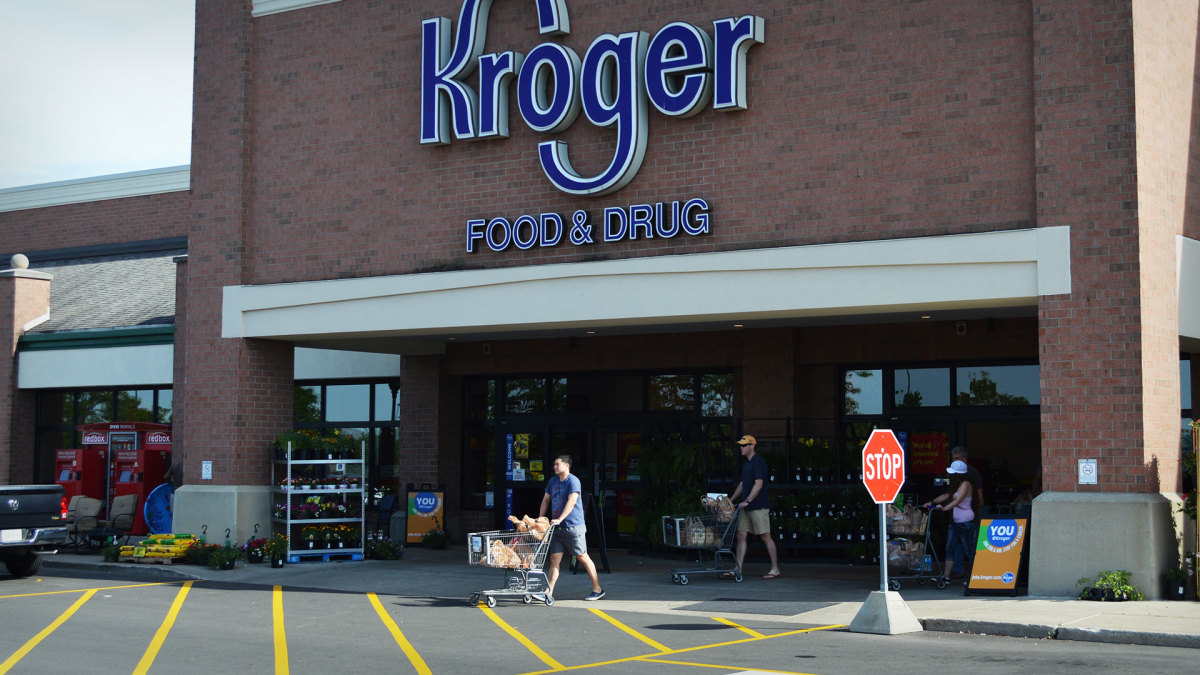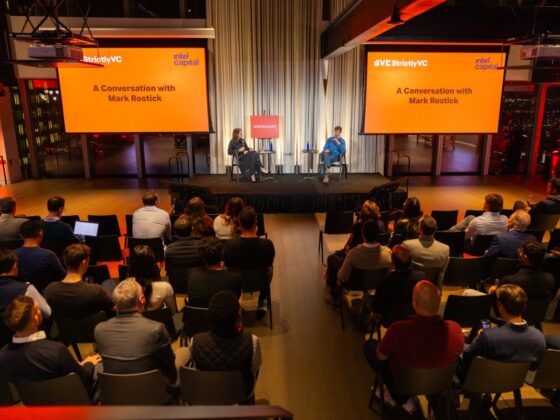When Kroger closes a supermarket, the impact varies greatly depending upon the community. In wealthier areas, the customer simply shops at another grocery chain that's already nearby.
In less-wealthy areas and more rural markets, the loss of a Kroger (or a supermarket under one of its many brands) can be devastating. The chains recently decided to close six Fred Meyer and QFC stores in western Washington.
Related: Amazon has fresh recipe to disrupt Kroger, Publix, local grocery
The chain cited theft as one of the key reasons it planned to shut down the locations.
Everett, Washington Mayor Cassie Franklin has taken issue with Kroger (KR) over the decision to close the stores.
“A lot of people who live in our Casino Road community commute by foot, so this has been their primary grocery store to shop for their basic needs,” Franklin told Fox 13 Seattle.
Kroger, the website reported, blamed “a steady rise in theft” among their reasons for closing six Fred Meyer and QFC stores by October.
Franklin believes the decision is based on greed, not theft.
“We have done shoplifting emphasis stings, we've done emphasis patrols, we have created a buffer zone around that store and crime is down in all areas, especially shoplifting,” Franklin said.
- Crime data from the Everett Police Department backs up the mayor showing an 82% drop in shoplifting since 2020 at the Fred Meyer on Casino Road in Everett.
Image source: Shutterstock
Kroger is making tough choices
Kroger's interim CEO shared the original closing plans during the company's first-quarter earnings call.
“To position our company for future success this morning, we announced plans to close approximately 60 stores over the next 18 months. We don't take these decisions lightly, but this will make the company more efficient, and Kroger will offer roles in other stores to all associates currently employed at affected stores,” he shared.
What Sargent did not address was the impact on the community and leaving former customers in a food dessert.
More Retail Stocks:
- Kroger brings back paper coupons in a new way
- Target's customers walked away; How it plans to win them back
- Amazon analysts turn heads with surprising take on grocery plan
Franklin is not the only person making that charge.
Kroger has closed multiple stores in Peoria, Illinois and At-Large Council member Bernice Gordon-Young shared her concerns with 25 News Now.
“Although the announcement of the closing of Kroger-Sterling was cited as a business decision, Peorians will experience another food desert as a result,” Gordon-Young said in a statement. “This closure will negatively impact our most vulnerable populations. We must meet with Kroger to discuss possible alternatives.”
25News also looked into City Link bus routes for those who use public transportation. Riders would have to take two buses and walk between stops to get from Kroger to Walmart or HyVee, totaling 25 minutes one way.
Kroger is not backing down
Kroger does not have a specific policy regarding abandoning markets. The company's goals, however, are somewhat vague.
“The Kroger Family of Companies is committed to community engagement, positive social impact and charitable giving at the national and local levels. Every community is unique, but our common goal is to be welcome in the neighborhoods we serve and help the people there live healthier lives,” it shared on its website.
Kroger does not make any sort of comment on supporting communities where it no longer considers it viable to operate.
Food “desserts” are a U.S. problem
- Population Affected: Approximately 18.8 million people, or 6.1% of the U.S. population, live in low-income and low-access areas, where they are more than 1 mile from a supermarket in urban areas or more than 10 miles in rural areas.
- Vehicle Access: An estimated 1.9 million households, or 1.7% of all U.S. households, are in low-income and low-access census tracts, are far from a supermarket, and do not have a vehicle.
- Geographic Distribution: Food deserts are prevalent in both urban and rural areas, with significant concentrations in parts of the South, Midwest, and West.
Source: USDA Economic Research
Kroger closing stores nationwide
- Kroger shared plans to close about 60 underperforming stores over the next 18 months earlier this year.
- That list has recently expanded although the company has not shared a new target number.
- Reasons: declining sales, rising theft, operational inefficiencies, and competition from Walmart, Costco, and Amazon.
- Leadership changes and a failed Albertsons merger prompted a strategic reevaluation.
- Employees will be offered positions at nearby stores, and savings will be reinvested into higher-performing locations.
- Goal: streamline operations and focus on profitability and customer experience.
Source: AP News













